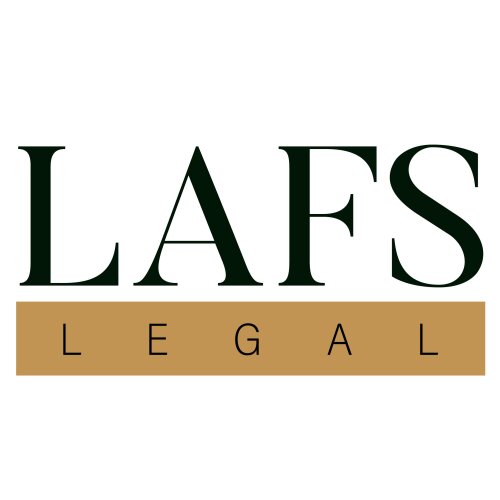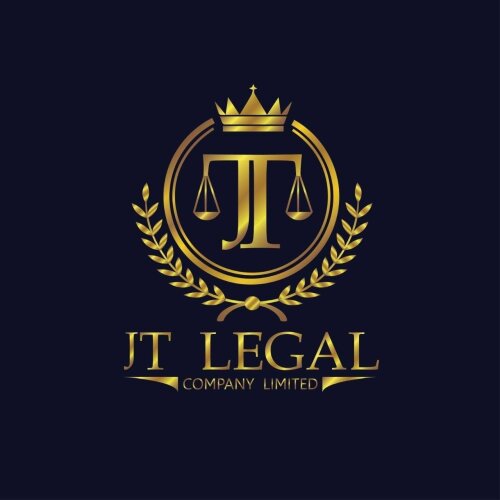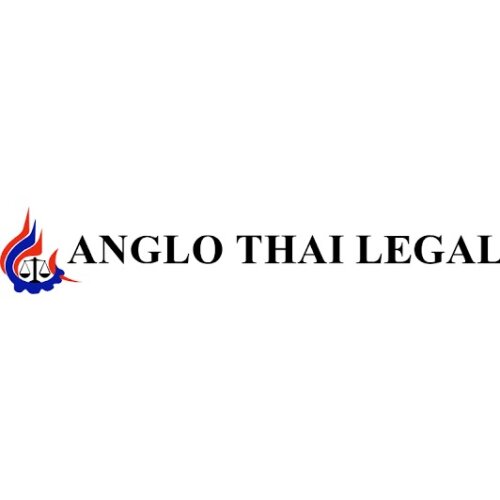Best Trusts Lawyers in Thailand
Share your needs with us, get contacted by law firms.
Free. Takes 2 min.
Or refine your search by selecting a city:
List of the best lawyers in Thailand
Thailand Trusts Legal Articles
Browse our 1 legal article about Trusts in Thailand written by expert lawyers.
- Estate planning goes beyond wills
- Estate planning is an important if not essential task that everyone should be concerned about. This is especially true if you are married or have children, if you own a business or hold substantial assets that you want to protect if you pass away or are incapacitated, particularly in today’s... Read more →
About Trusts Law in Thailand
In Thailand, the concept of a trust as recognized in common law countries is not inherently part of the country's legal framework. However, the Trust for Transactions in Capital Market Act B.E. 2550 (2007) allows for certain types of economic activities under specific conditions, opening a narrow gateway for the formation of trusts. Primarily, this law facilitates the use of trusts for transactions related to the capital market, such as real estate investment trusts (REITs) and infrastructure funds. Generally, trusts must comply with rigorous regulations overseen by entities like the Securities and Exchange Commission of Thailand.
Why You May Need a Lawyer
Seeking legal assistance in the field of trusts can be essential under various circumstances. Without the traditional concept of common law trusts, understanding the legality and execution within Thailand's framework can be challenging. Common situations include:
- Setting up a trust for investments in Thai capital markets
- Navigating the complexities of estate planning and inheritance when involving international assets
- Addressing the compliance and regulatory requirements set by Thai authorities for trust activities
- Resolving disputes arising out of misinterpretations of trust agreements
- Advising foreign nationals or corporations on cross-border trusts and investments
Local Laws Overview
The Thai civil law system does not inherently recognize trusts as applied in common law jurisdictions. However, key elements to understand include:
- Trust for Transactions in Capital Market Act B.E. 2550 (2007): This Act enables the use of funds in capital markets through authorised trusts. The trust must have a specific purpose that aligns with the Act's regulations, such as REITs.
- Foreign Restrictions: Trusts generally cannot own land or businesses outright due to foreign ownership restrictions.
- Regulatory Oversight: Trusts related to capital market transactions are subject to oversight by the Securities and Exchange Commission of Thailand, ensuring compliance with Thailand's financial laws.
Frequently Asked Questions
1. Can a foreigner set up a trust in Thailand?
Under the Trust for Transactions in Capital Market Act, foreigners can set up certain types of investment-oriented trusts, but broad ownership and estate planning purposes may face legal restrictions.
2. Are trusts recognized for general estate planning in Thailand?
No, Thailand does not recognize trusts for general estate planning; traditional wills and succession laws apply.
3. What types of trusts are allowed under Thai law?
Only trusts related to capital market transactions, such as REITs or mutual funds, are allowed under Thai law.
4. Who regulates trust activities in Thailand?
The Securities and Exchange Commission (SEC) oversees the formation and operation of trusts related to capital market activities.
5. Can a Thai trust own land?
Trusts can be involved in land transactions through REITs, but direct ownership may still be bound by foreign ownership laws.
6. How is a trustee selected in Thailand?
Trustees must be approved institutional entities such as banks or financial institutions, as per SEC regulations.
7. Are there tax implications for trusts in Thailand?
Yes, there are tax implications involving trusts, particularly capital gains and income tax for transactions managed by trusts.
8. Can businesses be beneficiaries of a trust in Thailand?
Yes, provided the trust aligns with capital market regulatory requirements established by the SEC.
9. How can one dispute a trust in Thailand?
Disputes typically require legal intervention and may entail adjudication through Thai civil courts or regulatory bodies overseeing the trust.
10. Do family trusts exist in Thailand?
No, Thailand does not recognize family trusts similar to those in common law jurisdictions; traditional wills are used for estate planning.
Additional Resources
For assistance, refer to the following organizations:
- Securities and Exchange Commission, Thailand: Governs trusts within capital markets.
- Thailand Revenue Department: Provides guidance on tax implications for trusts.
- Thai Board of Investment (BOI): Offers general investment advice, potentially including trust activities.
Next Steps
If you need legal assistance regarding trusts in Thailand, you should:
- Consult with a lawyer specializing in corporate or finance law with expertise in Thai legal systems.
- Engage with a professional familiar with the Securities and Exchange Commission regulations if dealing with capital market trusts.
- Research and contact law firms experienced in handling cross-border legal matters related to trusts.
Lawzana helps you find the best lawyers and law firms in Thailand through a curated and pre-screened list of qualified legal professionals. Our platform offers rankings and detailed profiles of attorneys and law firms, allowing you to compare based on practice areas, including Trusts, experience, and client feedback.
Each profile includes a description of the firm's areas of practice, client reviews, team members and partners, year of establishment, spoken languages, office locations, contact information, social media presence, and any published articles or resources. Most firms on our platform speak English and are experienced in both local and international legal matters.
Get a quote from top-rated law firms in Thailand — quickly, securely, and without unnecessary hassle.
Disclaimer:
The information provided on this page is for general informational purposes only and does not constitute legal advice. While we strive to ensure the accuracy and relevance of the content, legal information may change over time, and interpretations of the law can vary. You should always consult with a qualified legal professional for advice specific to your situation.
We disclaim all liability for actions taken or not taken based on the content of this page. If you believe any information is incorrect or outdated, please contact us, and we will review and update it where appropriate.
Browse trusts law firms by city in Thailand
Refine your search by selecting a city.

















